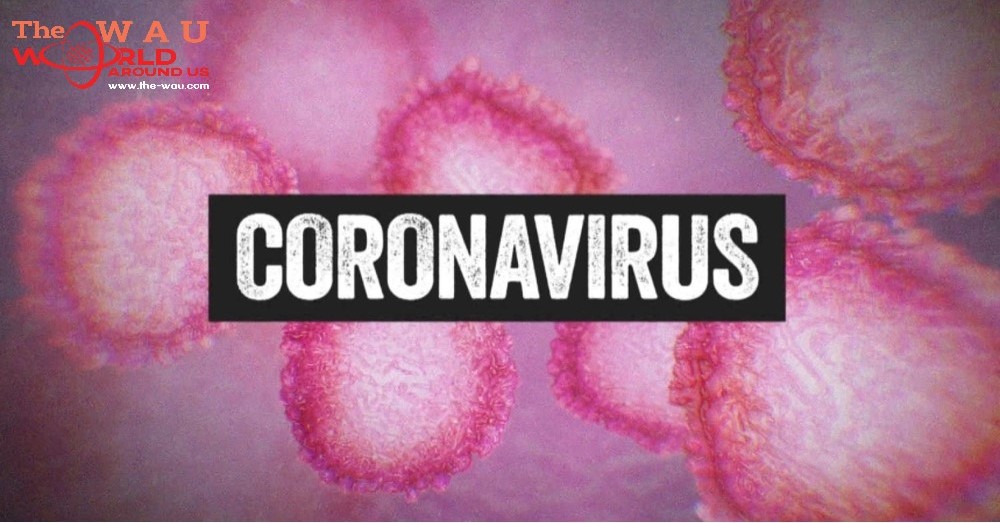The first case-affected person (case #1) is a 67-year-old female from Doha, Qatar. She developed fever, cough, shortness of breath and headache on 23 November 2019, and supplied to a medical institution on 25 November. On 27 November, she went to the same health center to comply with up. However, on 28 November, her condition worsened and he or she turned into admitted to the hospital. A nasopharyngeal swab was accumulated on 28 November and examined wonderful for MERS-CoV through reverse-transcriptase polymerase chain reaction (RT-PCR) on 29 November. The patient had underlying medical conditions and handed away on 12 December 2019. The supply of her contamination is below the investigation. The affected person had neither a record of touch with dromedary camels nor the latest travel. Follow up and screening of seven family contacts and 40 healthcare worker contacts are ongoing and asymptomatic secondary instances were diagnosed so far.
The contacts are a 50-year-old (case # 2) and a 32-year-old (case # 3), dwelling in Doha. Both have been recognized through contact tracing and are asymptomatic. Case #2 is the son of case #1 and has an underlying medical circumstance. Case #3 become worried in direct contact with case #1 and has no underlying medical conditions. A nasopharyngeal swab became gathered on 29 November for both case #2 and case #three and examined fantastic for MERS-CoV by using RT-PCR on 29 November. As of 23 December, both are in a stable circumstance in an isolation ward in which protocols for contamination prevention and control had been implemented.
Public health response
Upon identification of case #1, the case turned into isolated, the contamination prevention and control protocols had been carried out as in keeping with WHO guidelines; investigation and make contact with tracing was initiated.
All 47 recognized contacts of the affected person had been monitored daily for the arrival of respiration or gastrointestinal signs for a period of 14 days following their closing exposure to the affected person.
All contacts were tested for MERS-CoV and check consequences were tremendous for two asymptomatic contacts (Case #2 and #3 noted above).
WHO chance assessment
Infection with MERS-CoV can motive excessive disorder ensuing in high mortality. Humans are inflamed with MERS-CoV from direct or indirect contact with dromedary camels. MERS-CoV has demonstrated the capacity to transmit among humans. So far, the discovered non-sustained human-to-human transmission has passed off especially in health care settings.
The notification of additional cases does now not exchange the overall danger assessment. WHO expects that additional cases of MERS-CoV contamination could be reported from the Middle East and that cases will remain exported to other countries by way of folks that might acquire the infection after exposure to dromedary camels, animal products (for example, intake of camel’s uncooked milk), or humans (for example, in a health care putting or family contacts).
WHO keeps to reveal the epidemiological scenario and conducts risk assessment based totally at the latest to be had information.
WHO advice
Based on the cutting-edge situation and to be had information, WHO encourages all Member States to continue their surveillance for acute respiratory infections and to carefully evaluate any unusual patterns.
Infection prevention and management measures are critical to prevent the viable spread of MERS-CoV in health care facilities. It isn't constantly feasible to identify sufferers with MERS-CoV contamination early because like different respiration infections, the early signs, and symptoms of MERS-CoV contamination are non-specific. Therefore, healthcare workers ought to continually apply standard precautions always with all patients, regardless of their diagnosis. Droplet precautions must be added to the standard precautions whilst imparting care to sufferers with signs and symptoms of acute respiratory infection; contact precautions and eye protection have to be brought while worrying for in all likelihood or confirmed cases of MERS-CoV infection; airborne precautions must be carried out whilst appearing aerosol-generating procedures.
Early identity, case management, and isolation, together with suitable infection prevention and manipulate measures can save you human-to-human transmission of MERS-CoV.
MERS-CoV seems to cause more severe ailment in human beings with underlying continual medical situations together with diabetes mellitus, renal failure, chronic lung disorder, and compromised immune systems. Therefore, human beings with those underlying medical conditions should avoid close unprotected touch with animals, especially dromedary camels, when touring farms, markets, or barn areas wherein the virus is known to be potentially circulating. General hygiene measures, such as normal hand washing earlier than and after touching animals and keeping off contact with unwell animals, have to be adhered to.
Food hygiene practices must be determined. People should avoid drinking raw camel milk or camel urine or consuming meat that has not been well cooked.
WHO does not recommend special screening at factors of entry with reference to this occasion nor does it currently propose the application of any travel or trade restrictions.
Learn About Corona Virus around the world below links
All about Coronavirus outbreak and symptoms
Share This Post















